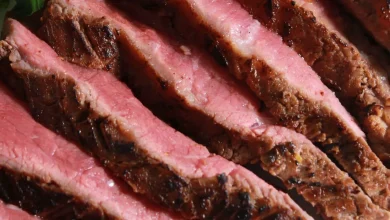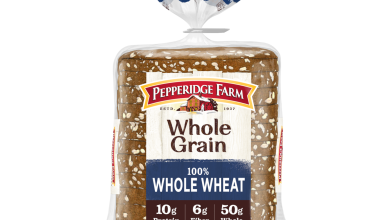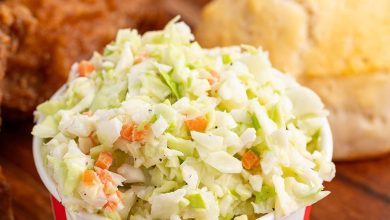Nutritious Cottonseed Flour (Low-Fat, Glandless): Benefits, Uses & Recipes
Cottonseed Flour (Low-Fat, Glandless) – Nutritional Information
Cottonseed flour, particularly the low-fat and glandless variety, is a highly nutritious and versatile ingredient, offering a variety of health benefits. It is derived from cottonseeds that have been processed to remove the majority of the fat content, making it a leaner option compared to traditional seed flours. With its high protein content and impressive mineral profile, it serves as an excellent addition to various culinary applications, from baked goods to savory dishes.
Nutritional Breakdown (Per 100g)
| Nutrient | Amount |
|---|---|
| Energy | 332 kcal |
| Protein | 49.83 g |
| Total Fat | 1.41 g |
| Saturated Fat | 0.31 g |
| Carbohydrates | 36.1 g |
| Fiber | 0.0 g |
| Sugar | 0.0 g |
| Calcium | 474 mg |
| Iron | 12.58 mg |
| Magnesium | 716 mg |
| Phosphorus | 1587 mg |
| Potassium | 1761 mg |
| Sodium | 35 mg |
| Zinc | 11.61 mg |
| Copper | 1.172 mcg |
| Manganese | 2.129 mg |
| Selenium | 0.0 mcg |
| Vitamin C | 2.4 mg |
| Thiamine (B1) | 2.089 mg |
| Riboflavin (B2) | 0.396 mg |
| Niacin (B3) | 4.039 mg |
| Vitamin B6 | 0.764 mg |
| Folate (B9) | 228 mcg |
| Vitamin B12 | 0.0 mcg |
| Vitamin A | 22 mcg |
| Vitamin E | 0.0 mg |
| Vitamin D2 | 0.0 mcg |
Allergen Information
Cottonseed flour, being derived from cotton seeds, is not considered a common allergen. However, individuals with sensitivities to seeds or legumes should exercise caution and consult a healthcare provider if needed.
Dietary Preferences
Cottonseed flour is suitable for a variety of dietary preferences, including:
- High-Protein Diets: With nearly 50 grams of protein per 100 grams, this flour is an excellent choice for those seeking to increase their protein intake.
- Low-Fat Diets: This variety of cottonseed flour contains only 1.41 grams of fat, making it a great low-fat ingredient.
- Gluten-Free Diets: Naturally gluten-free, cottonseed flour can be used in gluten-free recipes as a flour substitute.
- Vegetarian/Vegan: It is plant-based, making it an ideal ingredient for both vegetarian and vegan diets.
Nutritional Benefits
Cottonseed flour stands out as a nutritional powerhouse. Its high protein content supports muscle repair and growth, while its significant levels of essential minerals, such as calcium, magnesium, and phosphorus, help to promote bone health. Additionally, the presence of vital vitamins like thiamine (B1), niacin (B3), and folate (B9) contribute to energy metabolism and overall well-being.
Rich in potassium and low in sodium, it supports heart health and helps maintain healthy blood pressure levels. It’s also a good source of iron, which is essential for the production of hemoglobin and the prevention of anemia.
While the flour contains negligible amounts of fats and sugars, the small quantities of vitamin A and C offer minor but notable antioxidant properties that contribute to immune function and skin health.
Usage Tips
Cottonseed flour can be used in a variety of recipes, such as:
- Baked Goods: It’s an excellent flour alternative for making high-protein breads, muffins, and cookies, especially for those on a gluten-free or low-fat diet.
- Smoothies & Shakes: Blend it into protein shakes or smoothies to boost the protein content without altering the flavor significantly.
- Thickening Agent: Use it as a natural thickener in soups, stews, or sauces due to its dense texture.
- Savory Dishes: Incorporate it into savory recipes like veggie patties, meat substitutes, or casseroles for added nutrition and texture.
Conclusion
Cottonseed flour (low-fat and glandless) is an excellent, nutrient-dense option for those looking to boost their protein intake while keeping fats to a minimum. Packed with essential vitamins, minerals, and a wealth of dietary benefits, this flour is ideal for a variety of dietary needs, from high-protein and low-fat diets to gluten-free and plant-based cooking. Its versatility in both sweet and savory dishes makes it a fantastic addition to any kitchen, allowing for the creation of delicious, wholesome meals.








